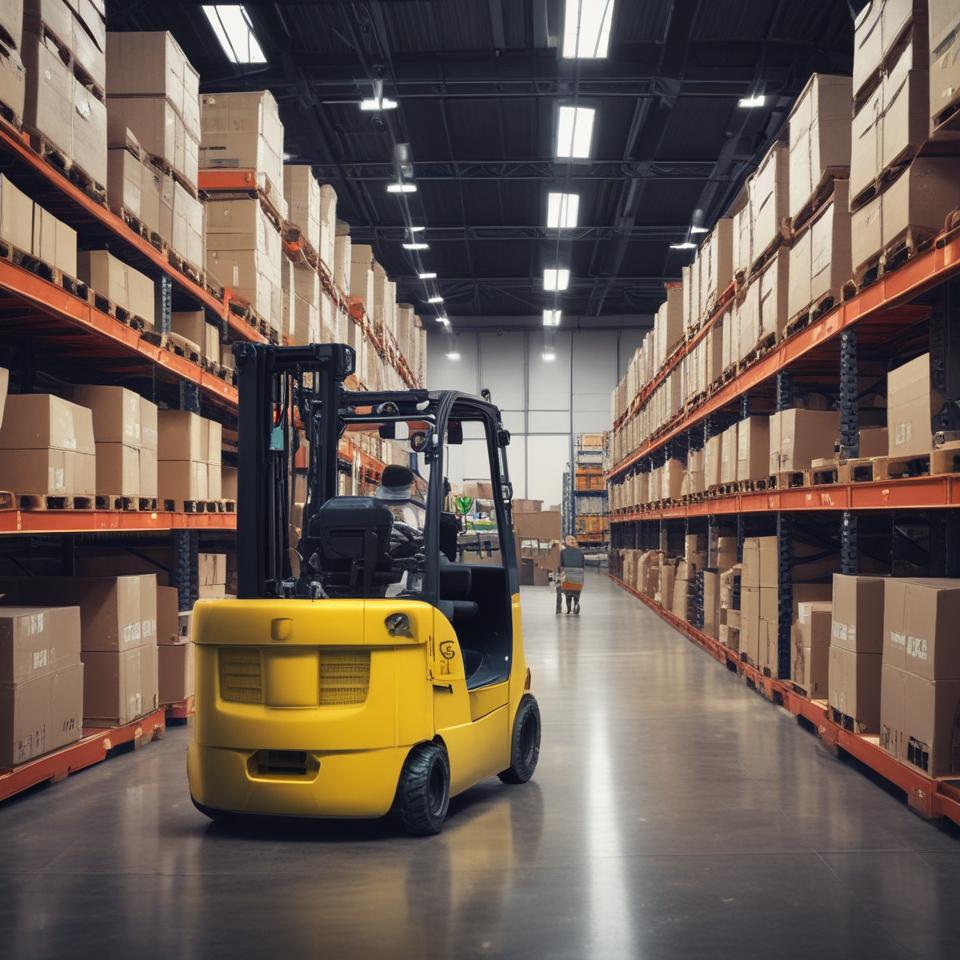How Regular Forklift Battery Maintenance Can Save Your Business Money
In fast-paced warehouse and industrial environments, forklifts are essential to keeping operations moving efficiently. But without proper care, the forklift battery, a critical component of these machines, can become a drain on your budget. Implementing a routine maintenance program for forklift batteries not only extends their lifespan but also saves your business money in the long run.
Why Forklift Battery Maintenance Matters
Forklift batteries are a substantial investment, often costing thousands of dollars per unit. Beyond the initial purchase, their efficiency directly impacts productivity, operational costs, and safety. Neglecting maintenance can lead to reduced performance, premature failure, and costly downtime.
Cost-Saving Benefits of Regular Forklift Battery Maintenance
1. Maximize Battery Lifespan
Routine maintenance helps head off issues like sulfation, corrosion, and water imbalances, which degrade battery performance over time. By addressing these problems early, you can maximize the battery’s usable life, delaying costly replacements.
2. Reduced Downtime
A well-maintained forklift battery delivers consistent power, reducing the risk of unexpected breakdowns. Fewer interruptions mean more productive workdays and less revenue lost to idle equipment.
3. Fewer Repairs and Replacements
Regular checks and preventive measures help identify small issues before they escalate into major repairs or battery failures, saving your business on repair bills and replacement costs.
4. Improved Equipment Performance
Batteries in good condition provide steady power, which reduces wear and tear on forklifts. This not only keeps your forklifts running smoothly but also extends the lifespan of the equipment itself.
Key Maintenance Tips for Forklift Batteries
- Inspect and Clean Regularly
Dirt, dust, and corrosion can harm battery performance. Clean terminals and connections regularly to ensure optimal conductivity. - Check and Maintain Water Levels
Lead-acid forklift batteries require proper water levels for efficient operation. Always use distilled water and check levels after every charge. - Equalize Charges
Equalization charging helps balance the cells within the battery, preventing sulfation and improving overall efficiency. Perform this task according to the manufacturer’s recommendations. - Store Batteries Correctly
Store batteries in a cool, dry environment away from direct sunlight or extreme cold to prevent damage. - Use Monitoring Tools
Battery monitoring systems can track charging cycles, temperature, and state of health, providing insights that allow for proactive maintenance.
The Long-Term Impact
Investing in regular forklift battery maintenance is not just about cost savings—it’s about creating a more efficient, reliable, and safe workplace. By prioritizing battery care, businesses can avoid the ripple effects of downtime and ensure operations run smoothly.
Conclusion
Forklift batteries are the lifeblood of material handling operations, and their care should never be an afterthought. A proactive maintenance plan can save your business thousands of dollars while improving overall productivity.
If you’re ready to optimize your forklift battery maintenance program, contact us today to learn how we can help!

